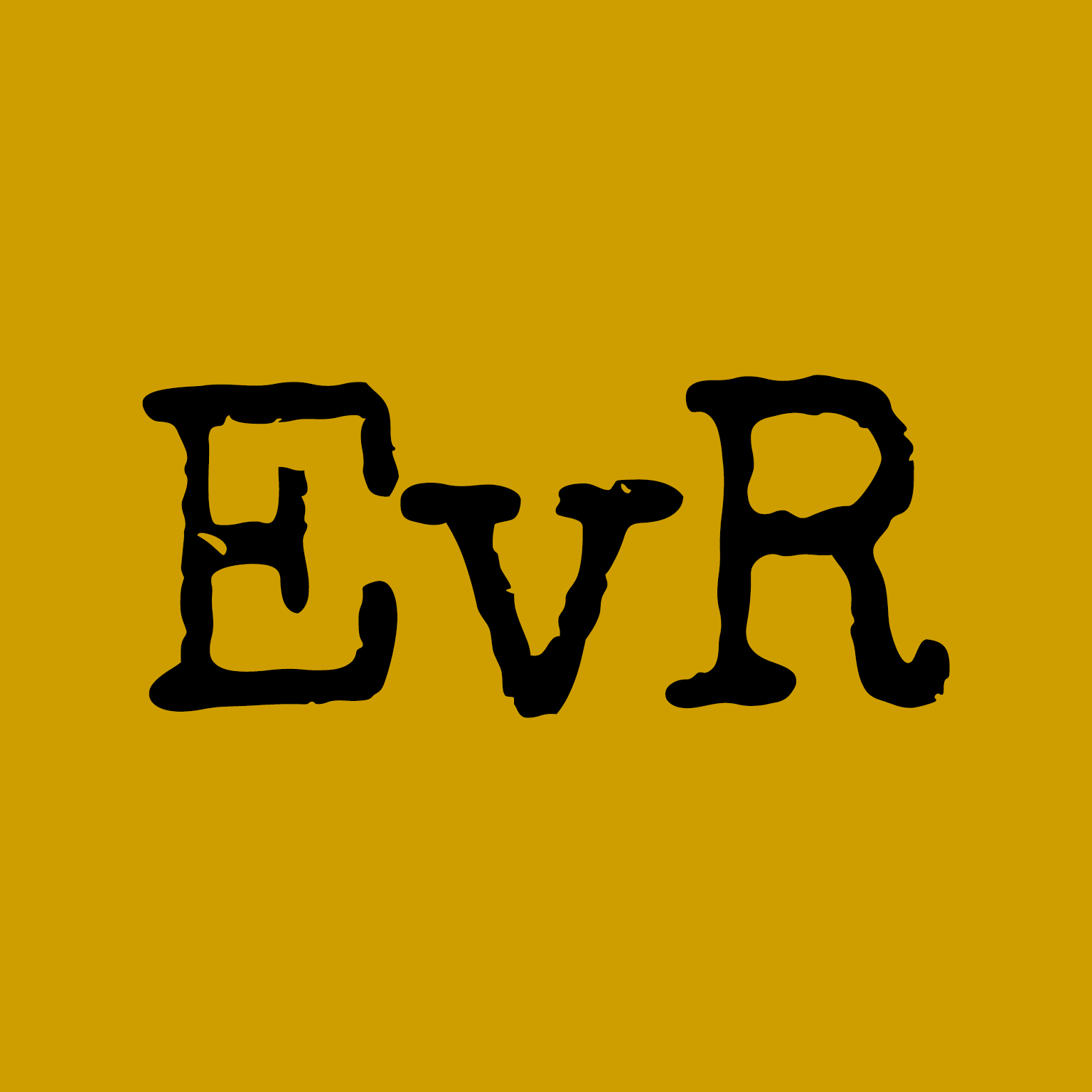
Elizabeth von Radics
Editorial Services
Editing
On Editing...
Remember the waterfront shack with the sign FRESH FISH SOLD HERE. Of course it’s fresh, we’re on the ocean. Of course it’s for sale, we’re not giving it away. Of course it’s here, otherwise the sign would be someplace else. The final sign: FISH.
Peggy Noonan (b. 1950), US author, presidential speechwriterWhat I Saw at the Revolution, ch. 4 (1990)
The work was like peeling an onion. The outer skin came off with difficulty...but in no time you’d be down to its innards, tears streaming from your eyes as more and more beautiful reductions became possible.
Edward Blishen (b. 1920), British author
Donkey Work, pt. 1, ch. 2 (1983), on his work adapting books for serial reading
Art, it seems to me, should simplify...finding what conventions of form and what detail one can do without and yet preserve the spirit of the whole — so that all that one has suppressed and cut away is there to the reader’s consciousness as much as if it were in type on the page.
Willa Cather (1876–1947), US author
On Writing, “On the Art of Fiction” (1949)
Would you convey my compliments to the purist who reads your proofs and tell him or her that I write in a sort of broken-down patois which is something like the way a Swiss waiter talks, and that when I split an infinitive, God damn it, I split it so it will stay split, and when I interrupt the velvety smoothness of my more or less literate syntax with a few sudden words of bar-room vernacular, that is done with the eyes wide open and the mind relaxed but attentive.
Raymond Chandler (1888–1959), US author
Letter, 18 Jan. 1948, to Atlantic Monthly editor Edward Weeks
(published in Raymond Chandler Speaking, 1962)
In art economy is always beauty.
Henry James (1843–1916), US author
“The Altar of the Dead,” Preface (1895)
The Preface first appeared in the New York Edition of James’s work (1907–09) and was later republished in The Art of the Novel (ed. by R. P. Blackmur, 1934).
Read your own compositions, and when you meet with a passage which you think is particlarly fine, strike it out.
Samuel Johnson (1709–84), English author, lexicographer
Quoted in: James Boswell, Life of Samuel Johnson (1791), taken from remarks made by a college tutor
A writer is unfair to himself when he is unable to be hard on himself.
Marianne Moore (1887–1972), US poet
Interview in Writers at Work, 2d series, ed. by George Plimpton, 1963
I have only made this [letter] longer because I have not had the time to make it shorter.
Blaise Pascal (1623–62), French scientist, philosopher
Lettres Provinciales, Letter 16 (1657)
Editing is the same as quarreling with writers — same thing exactly.
Harold Ross (1892–1951), US editor
Time (New York, 6 March 1950)
Whether the flower looks better in the nosegay than in the meadow where it grew and we had to wet our feet to get it! Is the scholastic air any advantage?
Henry David Thoreau (1817–62), US philosopher, author, naturalist
Journals (1906), entry for 27 Jan 1852, reflecting on the possible effect of editing his journals into essays
Editing should be, especially in the case of old writers, a counseling rather than a collaborating task. The tendency of the writer-editor to collaborate is natural, but he should say to himself, “How can I help this writer to say it better in his own style?” and avoid “How can I show him how I would write it, if it were my piece?”
James Thurber (1894–1961), US humorist, illustrator
Memo, 1959, to New Yorker, in New York Times Book Review (4 Dec. 1988)
© Copyright 2022 Elizabeth von Radics. All rights reserved.